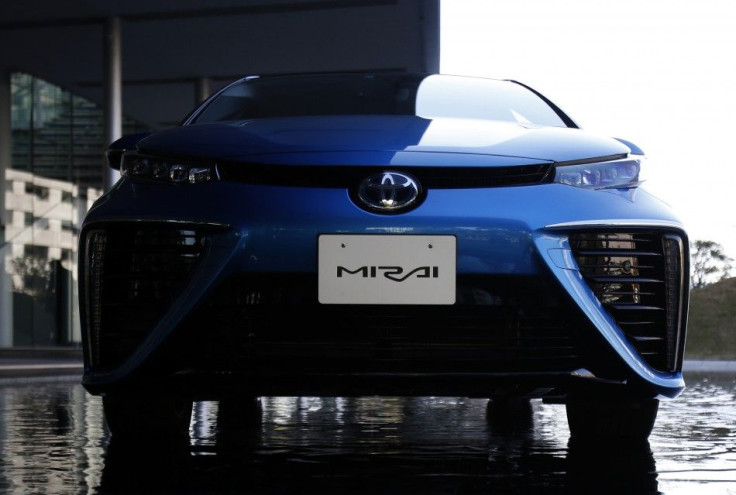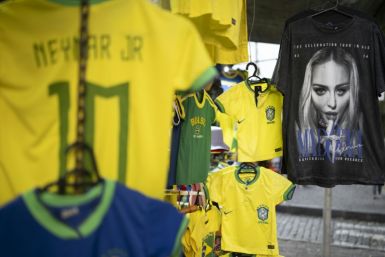Volvo To Become First Automaker To Export Chinese Cars Directly To USA

Automaker Volvo will export cars from China to the United States and is going to earn the distinction as the first major global automaker to export cars directly to the U.S. from mainland China. Volvo, acquired by the Chinese automaker Geely Holding Group in 2010 from Ford Motor, expects to sell about 1,500 of its S60 Inscription sedans in the United States.
According to Volvo spokesman David Ibison, the company currently sells about 25,000 units in China. Volvo has set no frame for the sales in the U.S. A CNN report said China has surpassed the United States as the largest market for global car sales. Now, most automakers build cars in China. So far, automakers were selling those cars almost exclusively in China. But Volvo marks a departure from that strategy.
Car Plans
The cars, targeting the U.S market, will be made at a Volvo plant in Chengdu. In 2014, the U.S. consumers spent $426 billion on Chinese exports that was up by 6 percent than the previous year. At present, Asian automakers from Japan and South Korea, such as Toyota Motor and Hyundai are having a dominant space in the U.S. market with 45 percent of the auto sales, per the data of sales tracker Autodata. Other U.S. automakers present in the market are General Motors, Ford Motor, Chrysler Group and Tesla.
More than 70 percent of the cars sold in the U.S. by Asian automakers are actually built at plants within North America, and not in Asia. This is because shipping of the vehicles from Asian locations is pretty expensive and automakers need shorter supply chains, said Ian Fletcher, an analyst with IHS Automotive.
The analyst does not see a flood of Chinese-made cars hitting the U.S .with the Volvo venture. Rather, he expects cheap Chinese cars finding a place in the market. "They will have a brand presence and will be competing against Japanese automakers, who have a 50-year lead and the South Koreans with 30 year lead", Fletcher added.
Special Features
According to Digital Trends, Volvo will introduce two new versions of the S60 in the U.S. market, Cross Country and Inscription. The S60 Inscription will be entertaining as it may be an elongated version of Volvo's luxury sedan. Beneath the fancy name, the Inscription is essentially the S60L, which is already on sale in Europe and China. Its biggest selling point is the stretched wheelbase and an additional 3.4 inches of rear leg room, the report added.
(The writer can be reached with feedback at kalyanaussie@gmail.com)






